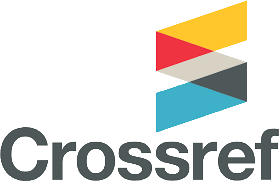Islamic Microfinance and Micro Entrepreneurship Activities: Evidence from Islamic Micro Financial Institutions of Pakistan
Abstract
The primary objective of the study is to explain the influence of Islamic microfinance on the progress of entrepreneurship development in Pakistan. Islamic Micro financing having unique characteristics of risk-sharing contracts and the distribution of wealth across the society through specific financial instruments, is gaining popularity in entrepreneurship and opening new avenues for future research. Self-administered questionnaires are used to collect the data from the users of Sharia's compliant products. The Results of multinomial logistic regression in the study support that Islamic microfinance has an impact on micro-entrepreneurship activities. The policymakers, who promote the development of new ventures using Islamic microfinance, should ensure the access of microfinance products to micro-entrepreneur. Moreover, Islamic microfinance institutions can contribute a lot to improving the living standards of the entrepreneur by becoming a link between government and people in policy implementation.



